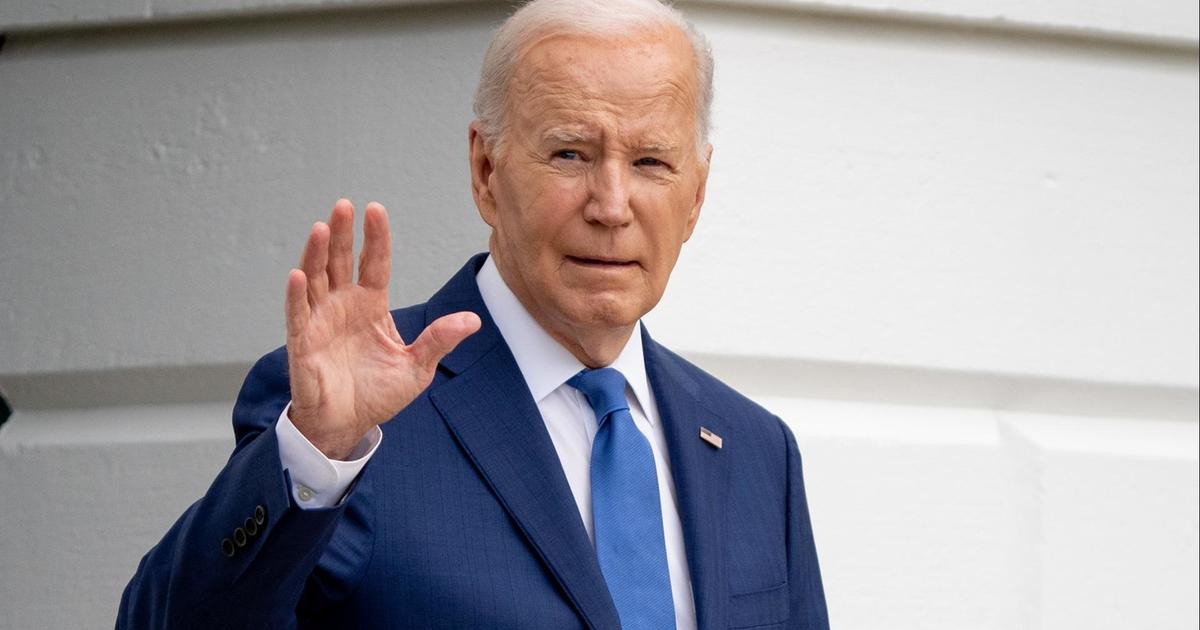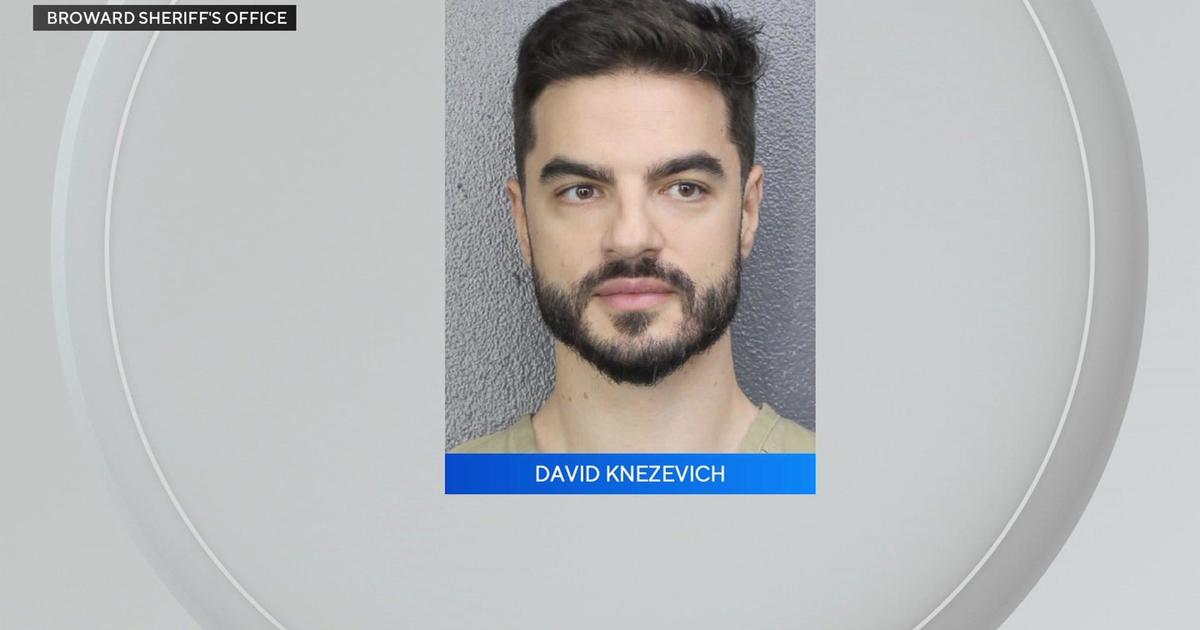Senate Hearing To Follow Lawsuit Over Kids In Nursing Homes
TALLAHASSEE (CBSMiami/NSF) -- The chairwoman of a Senate committee says she will hold a hearing about the state's record of placing children with disabilities in nursing homes when the Legislature resumes committee meetings in September.
Sen. Eleanor Sobel, D-Hollywood, said the Senate Children, Families and Elder Affairs Committee will scrutinize a U.S. Justice Department lawsuit that was announced Monday and alleges Florida is in violation of the Americans with Disabilities Act. According to DOJ, the state needlessly puts medically-fragile children into nursing homes rather than provide services so they can live with their families or in their communities.
The lawsuit charges that children with complex medical needs, whose parents prefer to care for them at home with the support of state-funded services, have been sent to nursing homes, where they receive deficient education, exercise and social interaction.
A civil lawsuit filed last year makes the same allegations.
"It's probably a funding issue," Sobel said. "We'll hear both sides, and the senators will decide what we should do. We're moving ahead with every aspect so these kids in vulnerable situations have every chance to have a life."
The announcement comes as the Florida Agency for Health Care Administration --- a target in the lawsuit, along with other state agencies --- vigorously disputes both the federal findings and the media characterizations of those findings.
"The agency welcomes the opportunity for a hearing about this issue so the truth may be discussed and separated from the rhetoric," wrote AHCA Secretary Liz Dudek in an email. "There is an abundance of misinformation circulating and I have confidence Sen. Sobel will host a hearing that will allow the facts to be heard."
The Florida Health Care Association, a major nursing-home industry group, had a similar position.
"The Florida Health Care Association welcomes these hearings as an opportunity to set the record straight about the compassionate and high-quality care being delivered in Florida's pediatric nursing facilities," the organization's executive director, Emmett Reed, said in a statement. "Our hope is through information, legislators will focus their efforts on supporting these facilities as they meet an important need: helping children continue to thrive and if able, return back home; helping families cope with the everyday challenges of caring for a child with a disability; and serving as an important safety net for those children who have no alternative support system for their 24-hour needs."
Criticism of the placements dates back to December 2011, when the Justice Department informed the state that it had opened an investigation and would visit several Florida nursing homes. Then in September 2012, DOJ released a highly critical report, saying many medically-fragile children entering state nursing homes "are unnecessarily separated from their families and communities for years. With adequate services and supports, these children could live at home with their families or in more integrated community settings."
Early this year, the state assigned care coordinators for all children who receive private-duty nursing services via the Medicaid program.
"In general, the nursing homes do a fine job keeping the (child's) body alive," said Paolo Annino, an attorney for the plaintiffs in the civil lawsuit filed last year and a professor of public-interest law at Florida State University. "Where they do a terrible job is keeping the spirit alive."
Many parents want their children home, he said, but were not given any options to do so.
However, the state has maintained all along that a team evaluates the children's needs and tries to place them in the least restrictive settings.
In two "Setting the Record Straight" email communications Wednesday, AHCA challenged editorials by The Miami Herald and the Tampa Bay Times that blasted the agency.
"The decision as to where a child receives services is made by the parents," AHCA said.
Annino said 20 percent of the children in nursing homes are in state custody, so the state acts as the child's parent when placing the youngsters in nursing homes. But as to the other 80 percent, he said, the parents or legal guardians were never given alternatives.
"They were not told the child could live at home with 24-hour Medicaid home health services, (that) the child could receive a Medicaid waiver so as to live in a community setting, such as a home or group home, (or that) the child could be placed in a community medical foster-care program," Annino said.
Annino and the parents and guardians he represents say medically-fragile children can flourish under the right circumstances.
For instance, Pamela Decambra said her 17-year-old daughter is a "wonderful example" of a child with severe disabilities who is nonetheless thriving. Maria is a quadriplegic with cerebral palsy and seizure disorder; she has always lived at home and is a valued member of the family. "She's my little angel," Decambra said. "We've grown as a family as a result."
But Decambra said it hasn't been easy getting the 24-hour nursing that Maria needs, despite her extensive documentation. When Maria had to be re-certified every six months, her mother said, it was always a struggle.
"Sometimes she would be granted half of the hours that she needs," Decambra said. "It was just never anything consistent, and no one could ever tell me why. Because her condition didn't change…I felt like I just had to fight every six months, on top of all Maria's issues."
Additionally, Annino said, many medically-fragile children are victims of shaken-baby syndrome, near-drowning and other conditions that would have been fatal before medical advances.
"All social issues take time to percolate," he said. "I think the state is starting to recognize that this is a social issue."
"The News Service of Florida contributed to this report."



